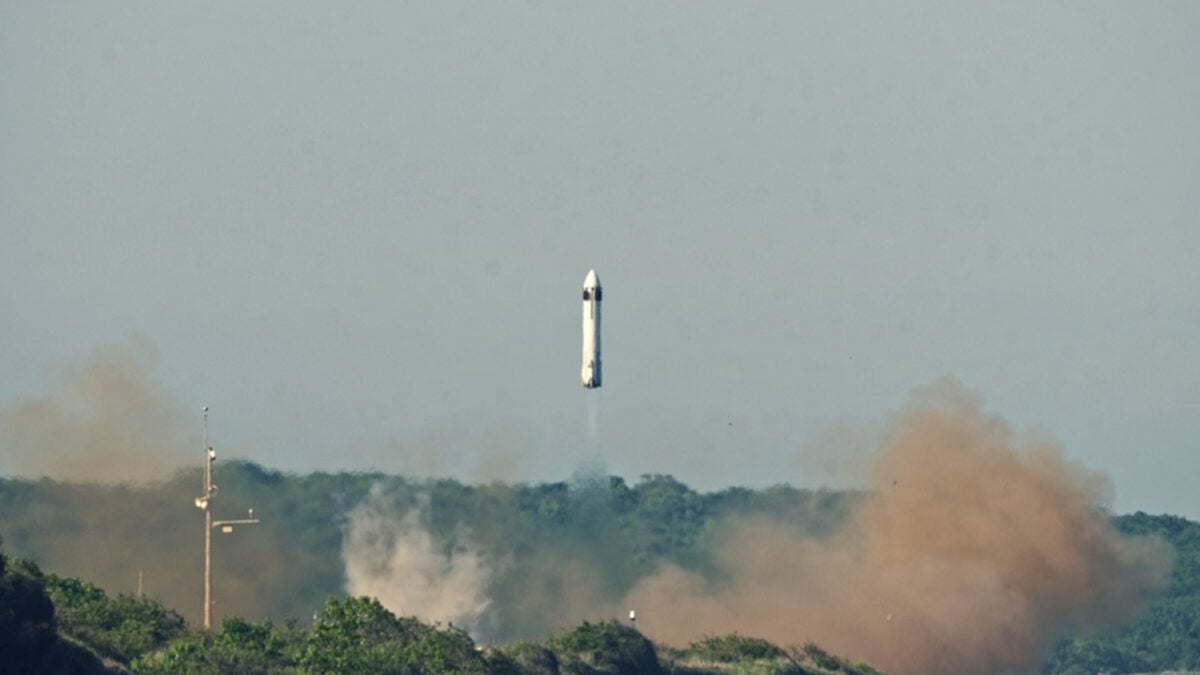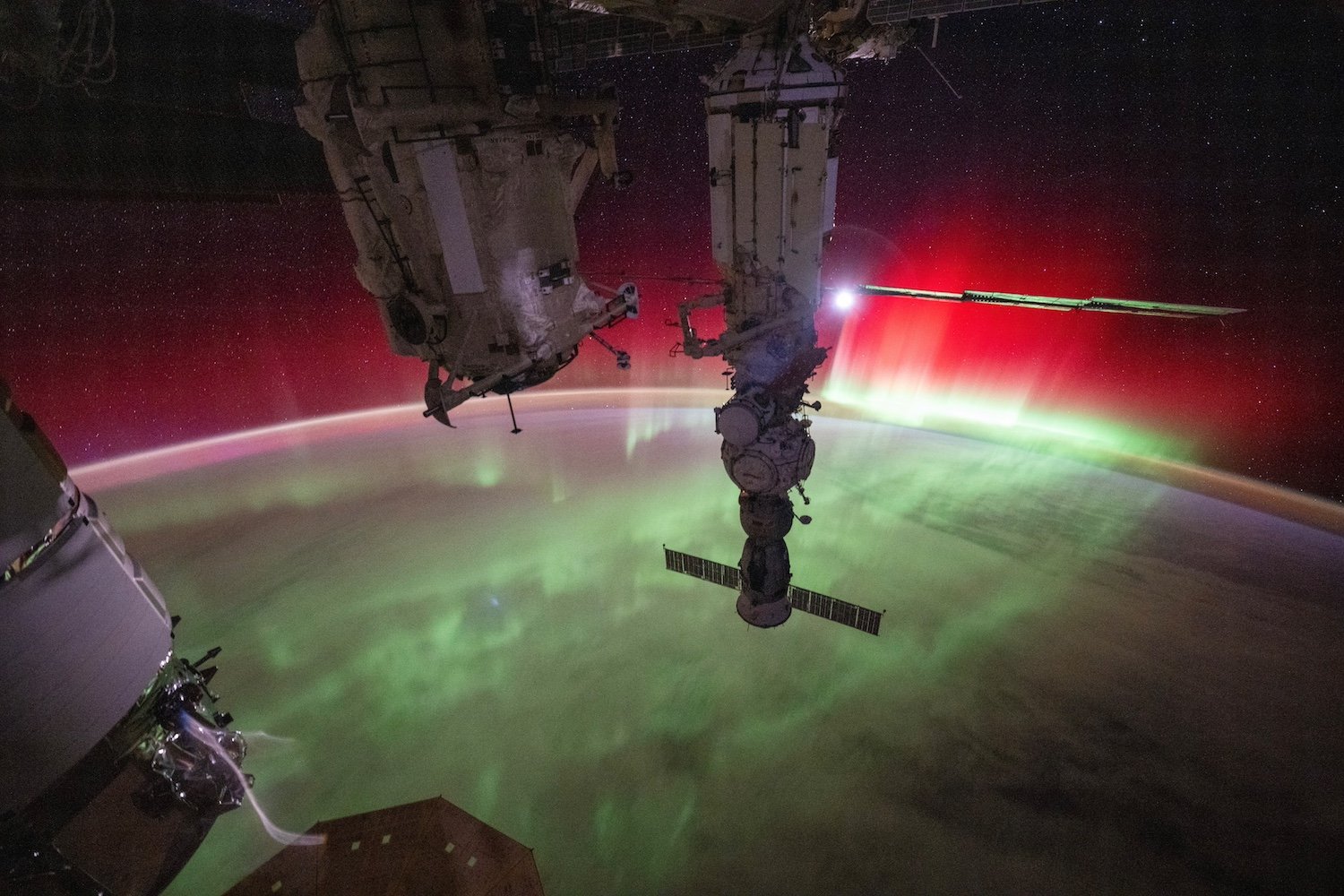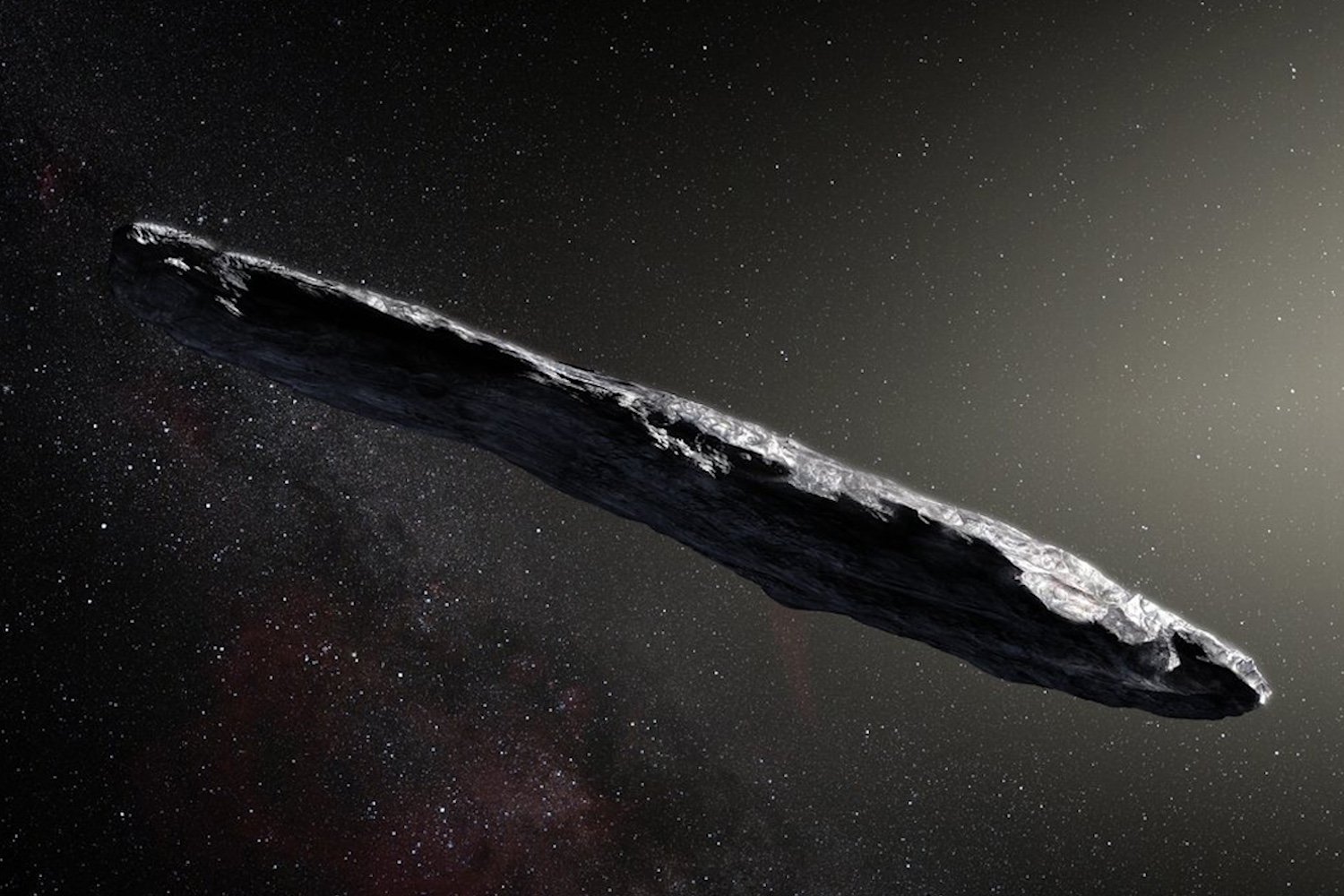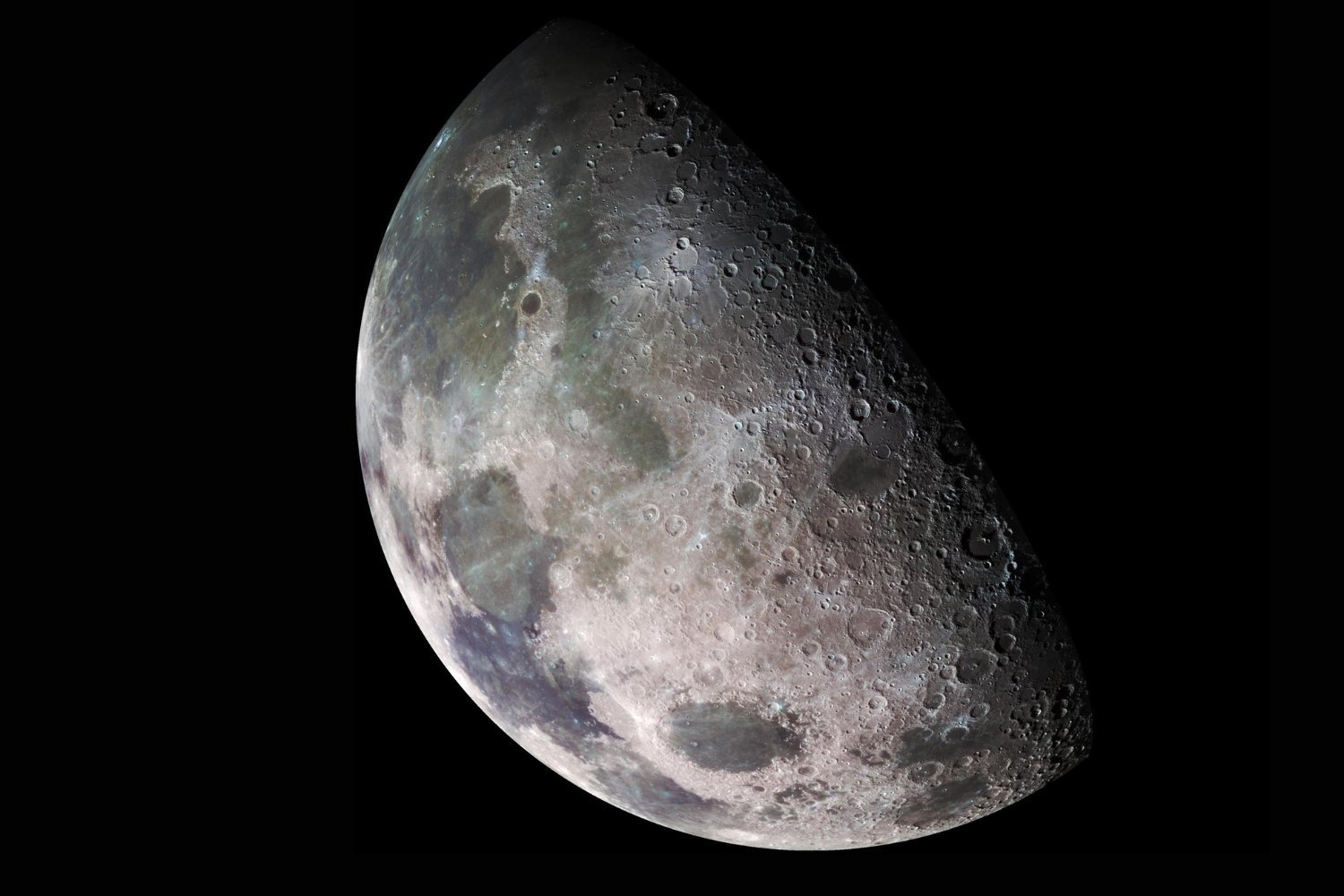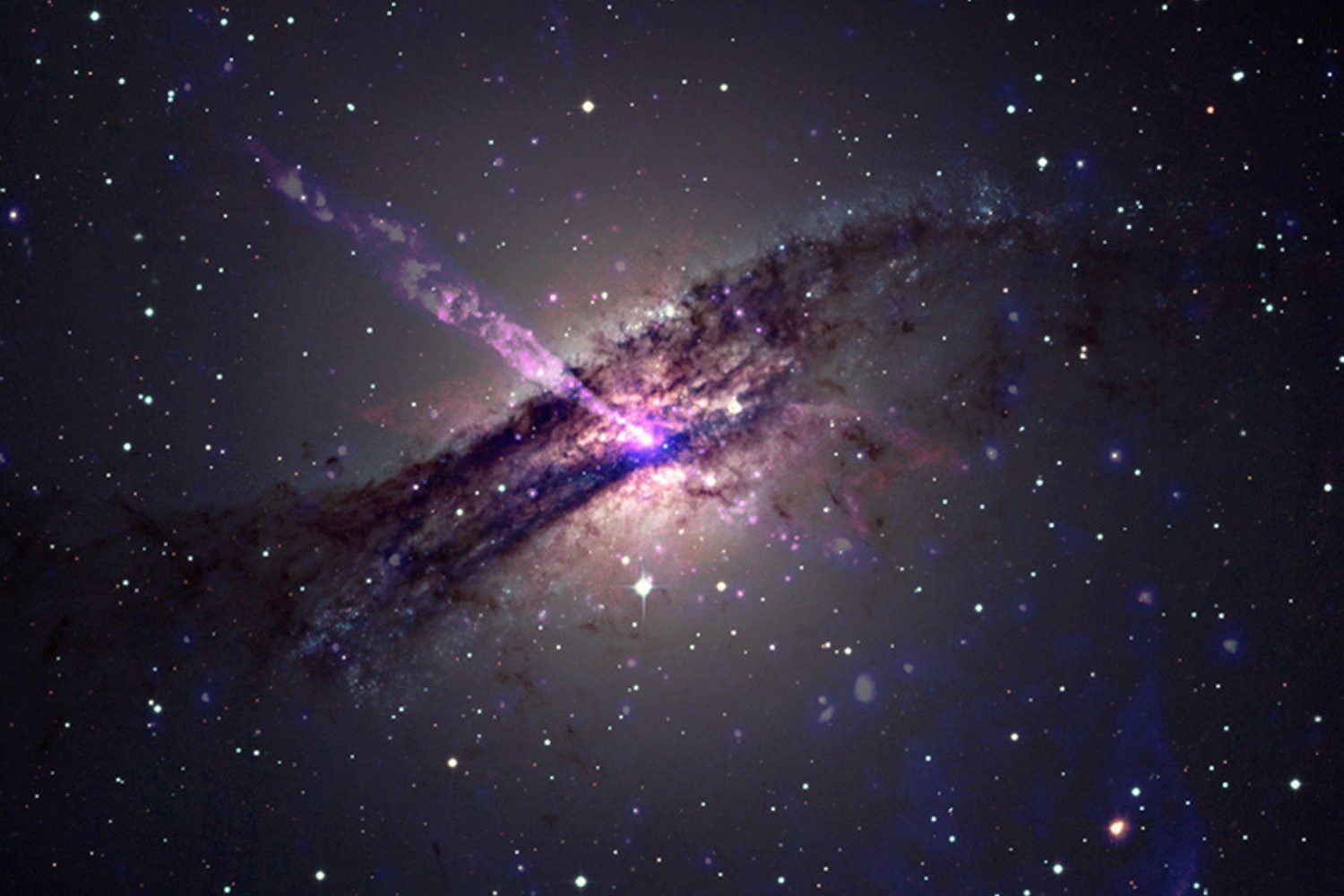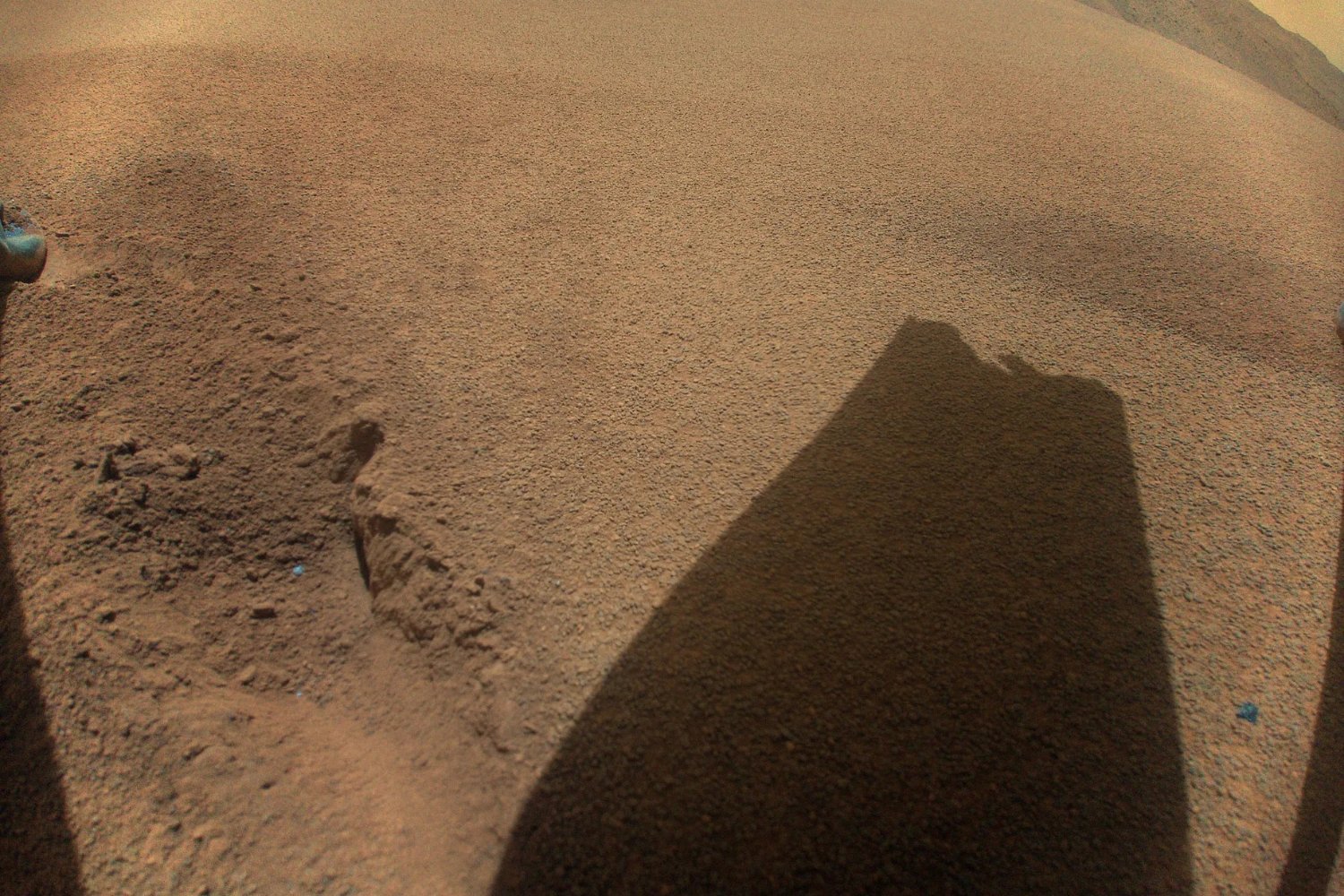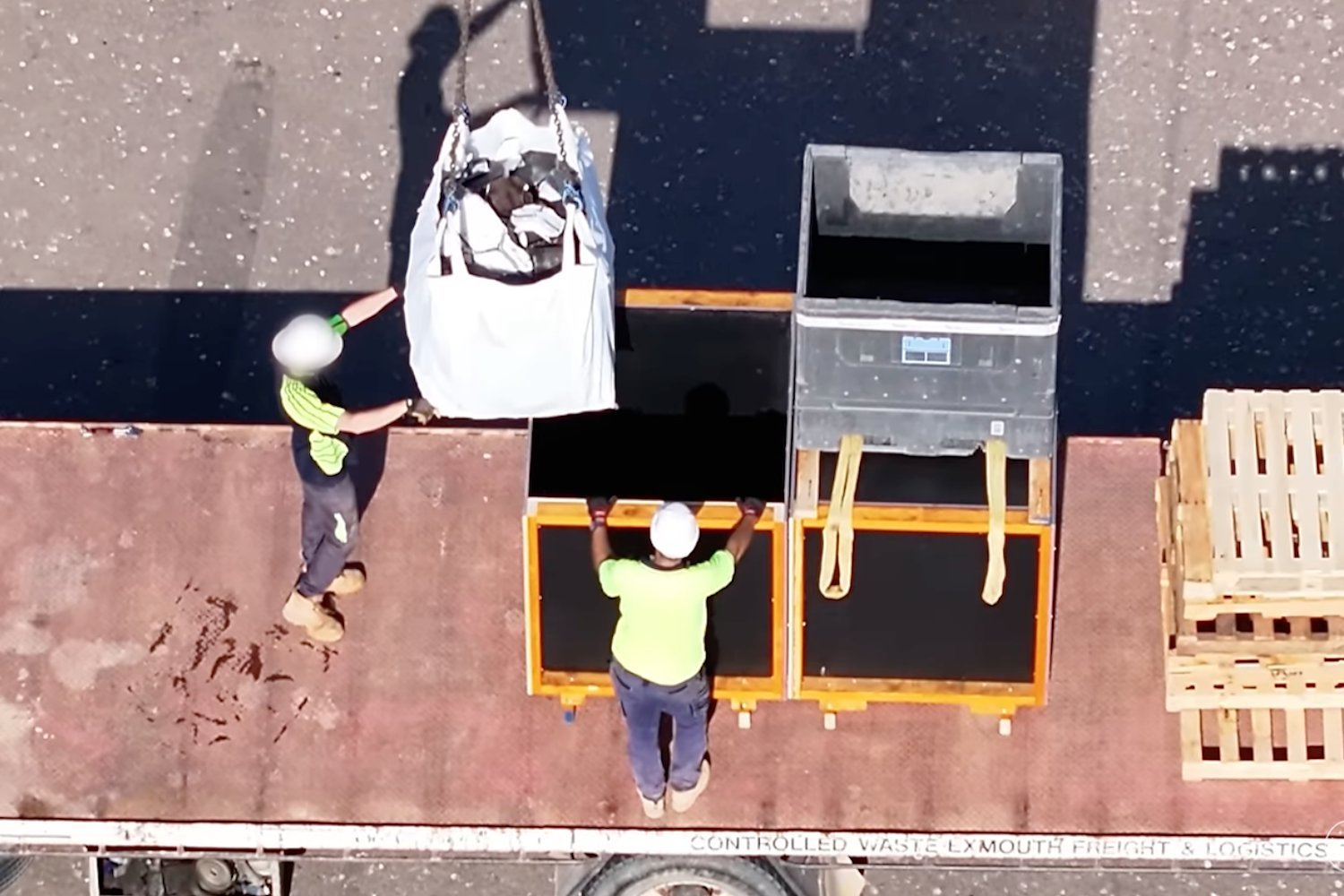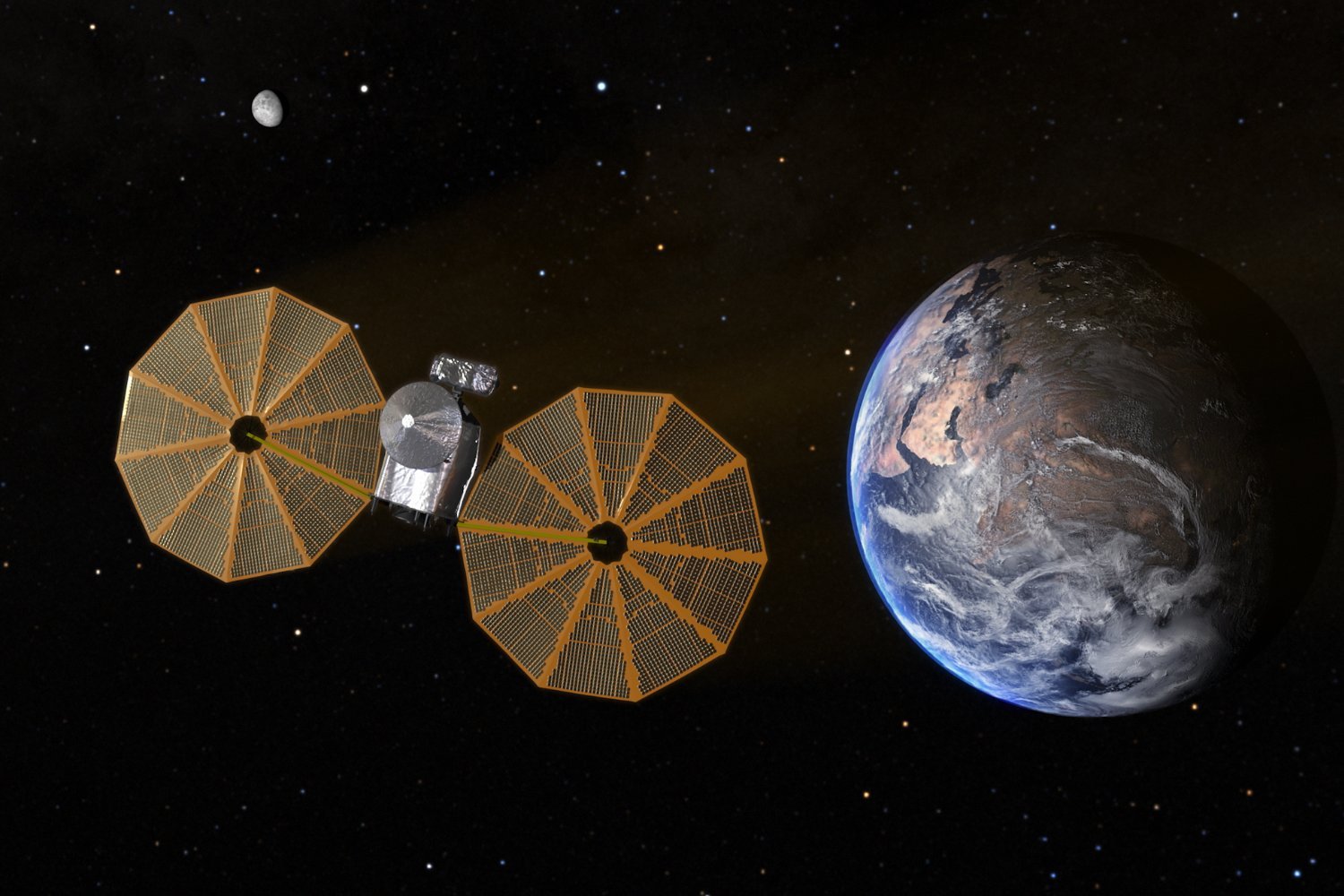In a significant move that propels the automotive giant into new frontiers, Honda has successfully launched and landed a prototype reusable rocket. The test, conducted on Tuesday, June 17, 2025, marks a critical milestone in the Japanese manufacturer’s ambitious goal to achieve suborbital spaceflight capabilities by 2029. This development signals Honda’s serious intent to become a player in the burgeoning commercial space industry.
Successful Test Paves Way for Honda’s Space Aspirations
Honda R&D, the company’s research and development arm, announced the successful completion of the first launch and landing test for its experimental reusable launch vehicle. The 20.6-foot (6.3-meter) rocket reached an altitude of 889 feet (271 meters) at Honda’s test facility in Taiki, a Hokkaido town known for its space research initiatives. According to Honda’s statement, the primary objective of this test was to demonstrate critical technologies for rocket reusability, including flight stability during both ascent and descent, as well as precise landing capabilities.
“Although Honda rocket research is still in the fundamental research phase, and no decisions have been made regarding commercialization of these rocket technologies, Honda will continue making progress in the fundamental research with a technology development goal of realizing technological capability to enable a suborbital launch by 2029,” the company clarified. This cautious optimism underscores the long-term nature of Honda’s space endeavors.
Honda’s Broader Vision for Space Technology
This rocket test is not an isolated venture but part of a broader strategy. Honda first signaled its space ambitions in September 2021, announcing tentative plans to develop a small reusable rocket. To further these goals, the company established the Space Development Division at American Honda in late 2024, aiming to accelerate technology development in the United States and foster collaboration with the U.S. space industry.
Beyond rocketry, Honda has been actively developing other space-related technologies. In April 2025, the manufacturer revealed plans to test an advanced electrolysis system aboard the International Space Station (ISS). This system is part of a larger initiative to build a regenerative fuel cell system designed to support life both in space and on Earth. Furthermore, in May 2025, Honda partnered with private spaceflight company Astroscale Japan Inc. to co-develop a system for in-orbit satellite refueling, addressing a key challenge in extending satellite operational lifespans.
The Competitive Landscape and Japan’s Space Ambitions
Despite these ongoing projects, Honda has maintained a relatively low profile regarding its spaceflight progress, making the recent rocket test announcement a notable surprise. Honda is not the only automotive manufacturer venturing into the commercial space race. Earlier in 2025, Toyota announced its research arm had invested in Taiki-based spaceflight company Interstellar Technologies to support the mass production of launch vehicles, as reported by Reuters.
These corporate initiatives align with Japan’s national strategy. The Japanese government aims to double the size of its space industry to 8 trillion yen (approximately $55.20 billion) by the early 2030s. To achieve this, a multibillion-dollar space venture fund has been established to subsidize private sector development of rockets, satellites, and other space missions.
The successful launch and landing provide a strong foundation for Honda’s burgeoning space program. “We are pleased that Honda has made another step forward in our research on reusable rockets with this successful completion of a launch and landing test,” stated Global CEO Toshihiro Mibe. “We believe that rocket research is a meaningful endeavor that leverages Honda’s technological strengths.” This achievement positions Honda to potentially leverage its engineering expertise from a terrestrial base to the vast expanse of space.



